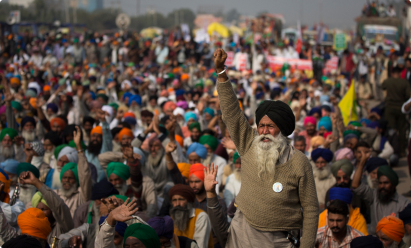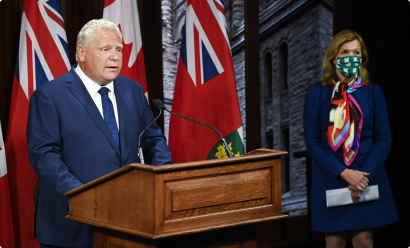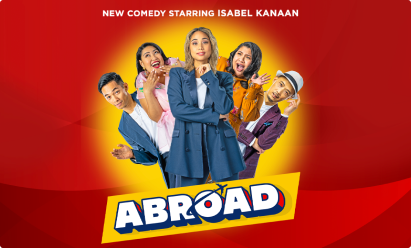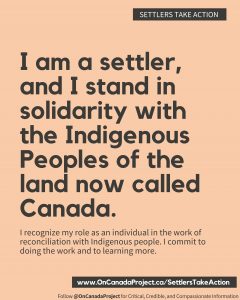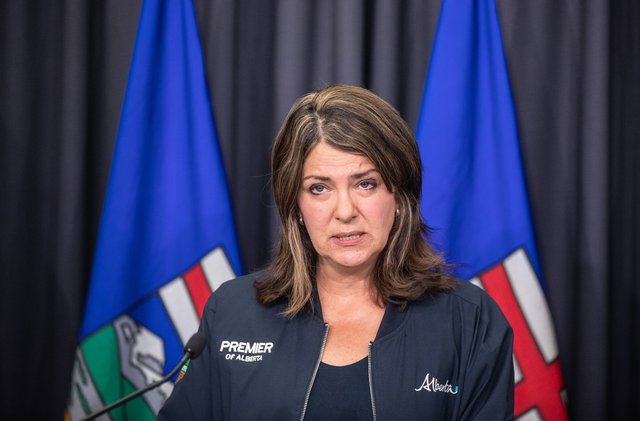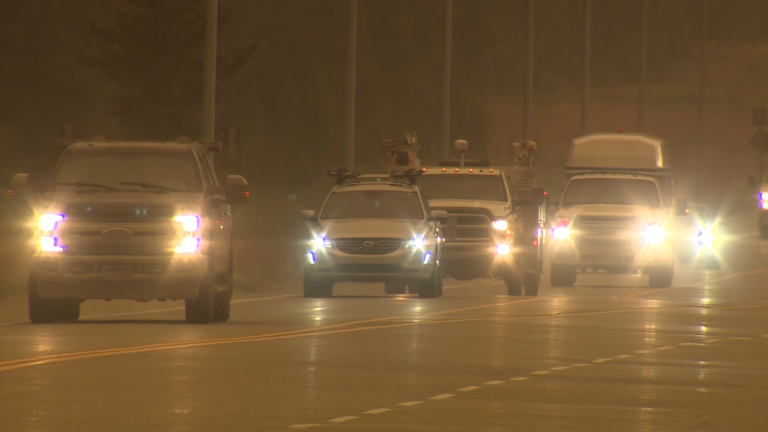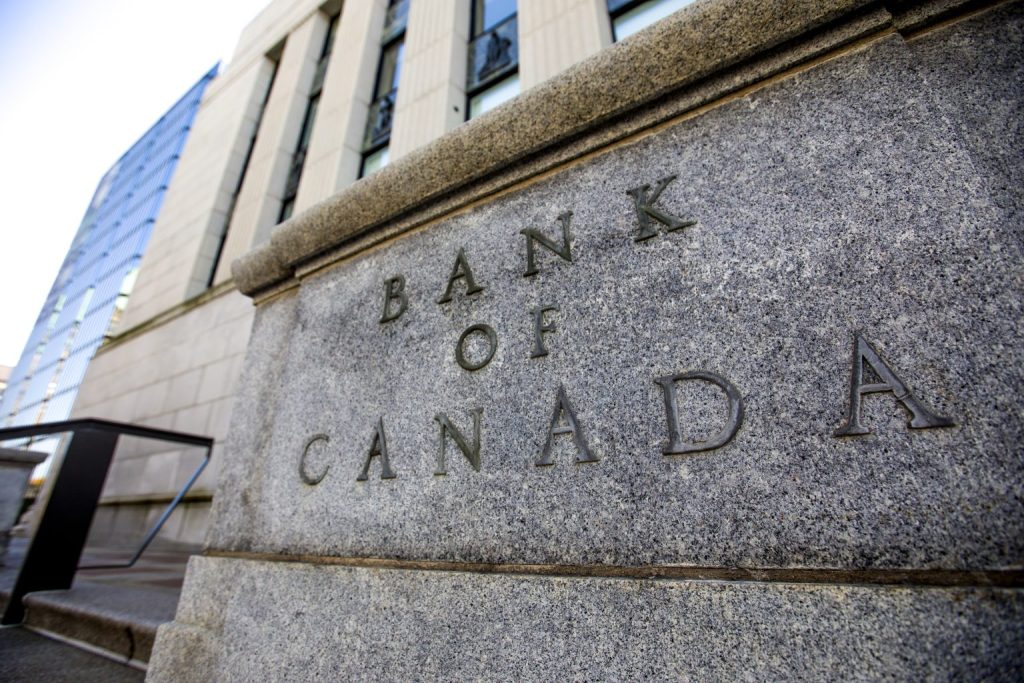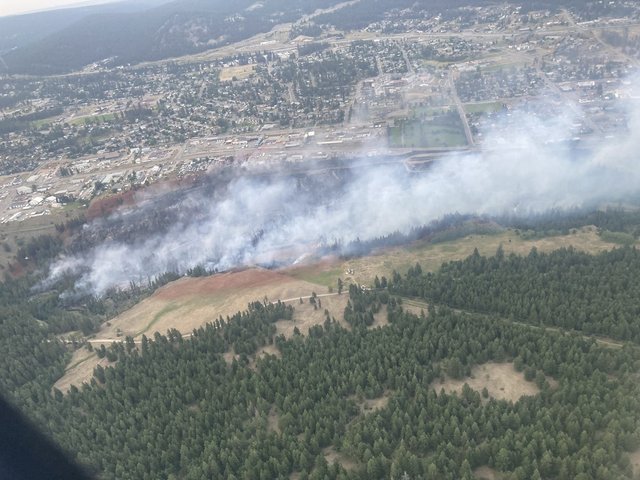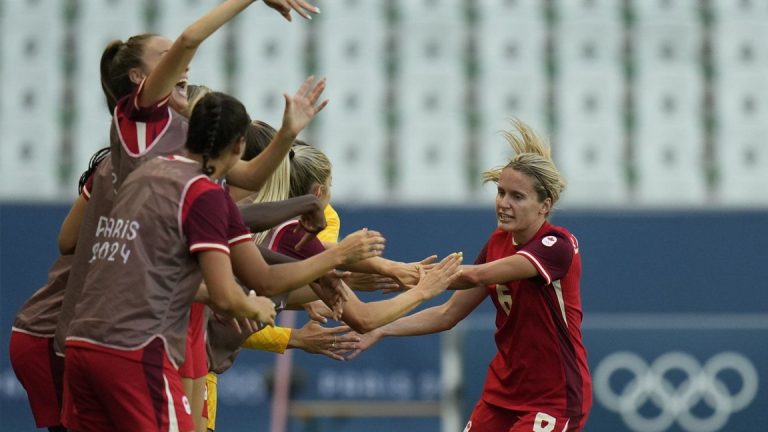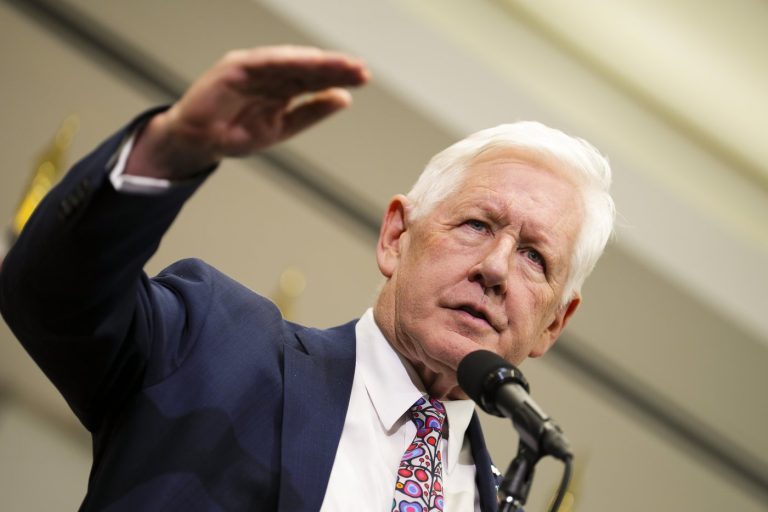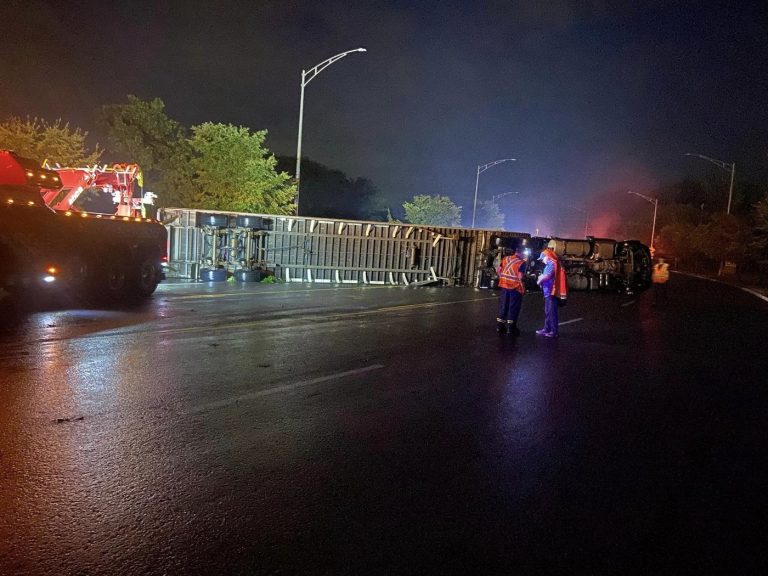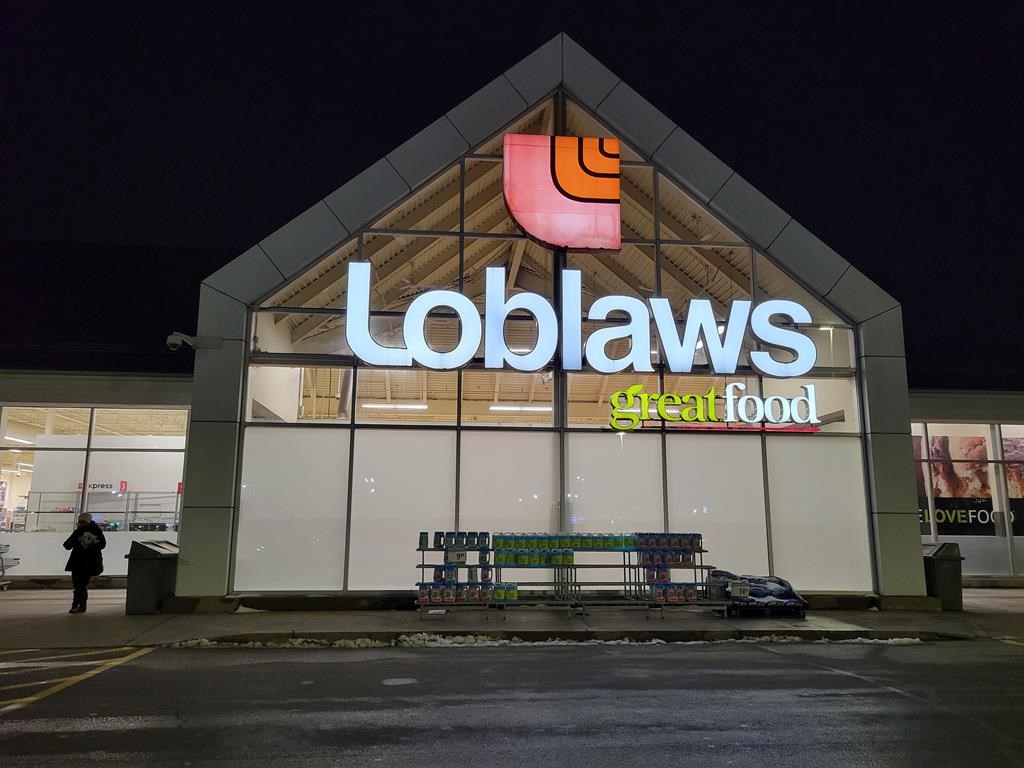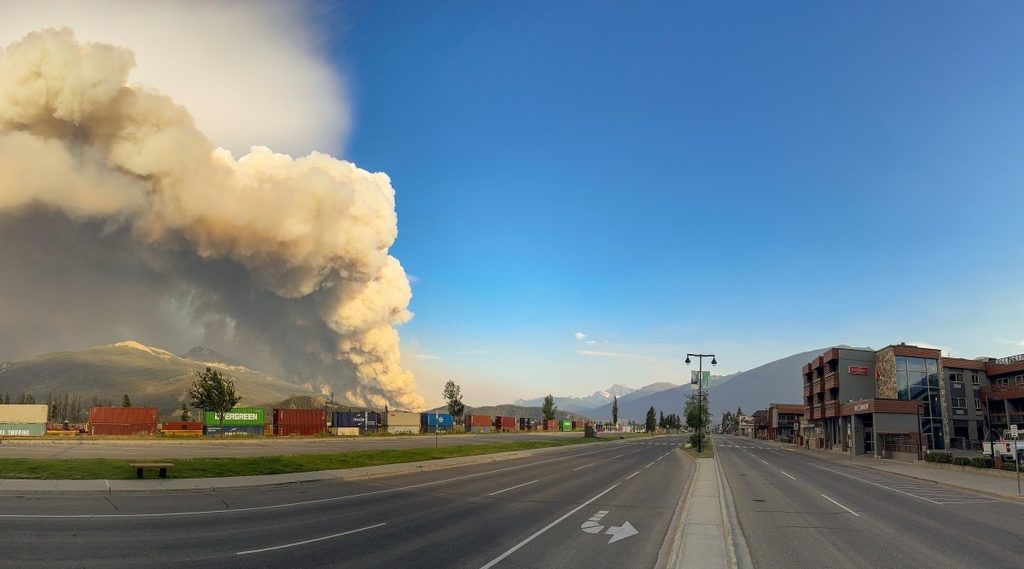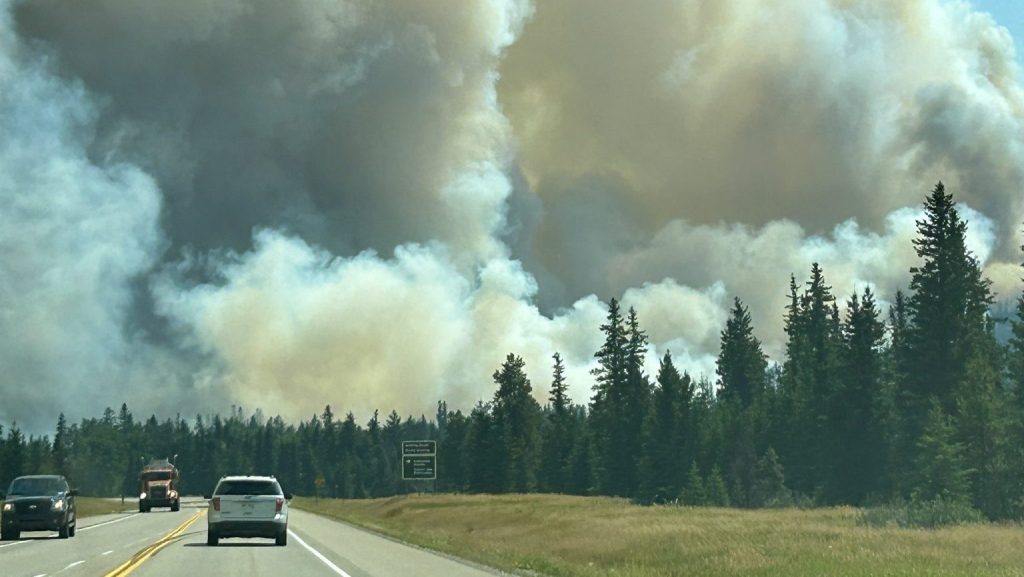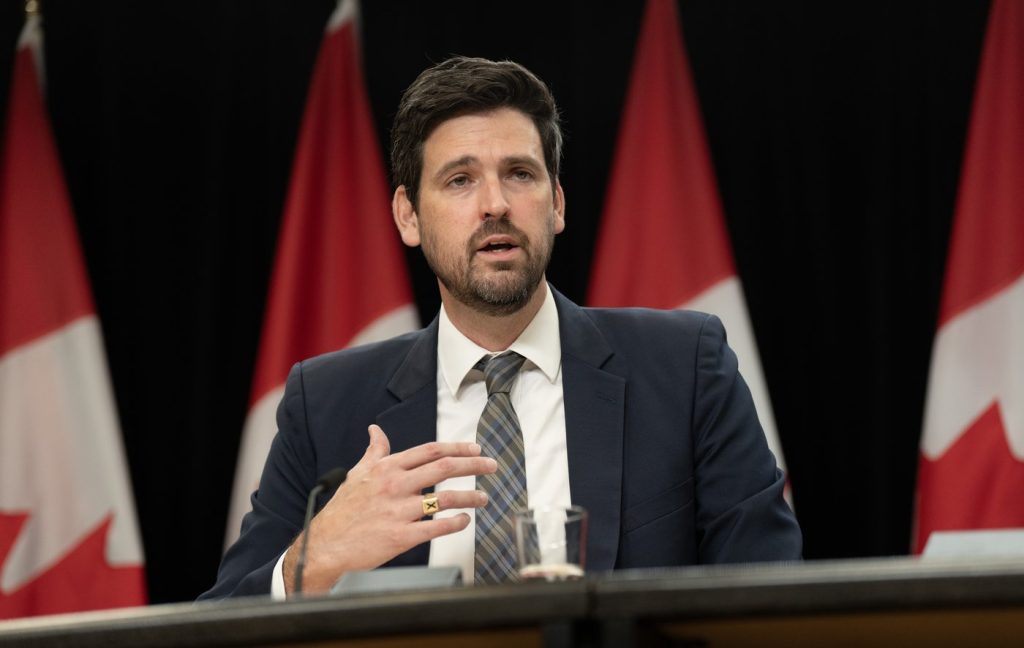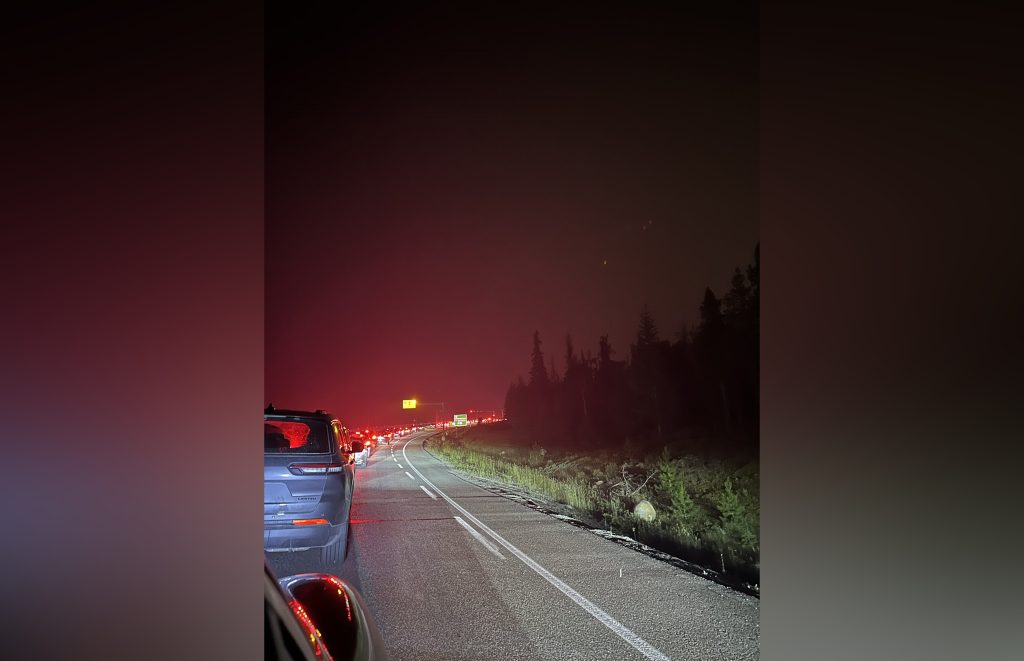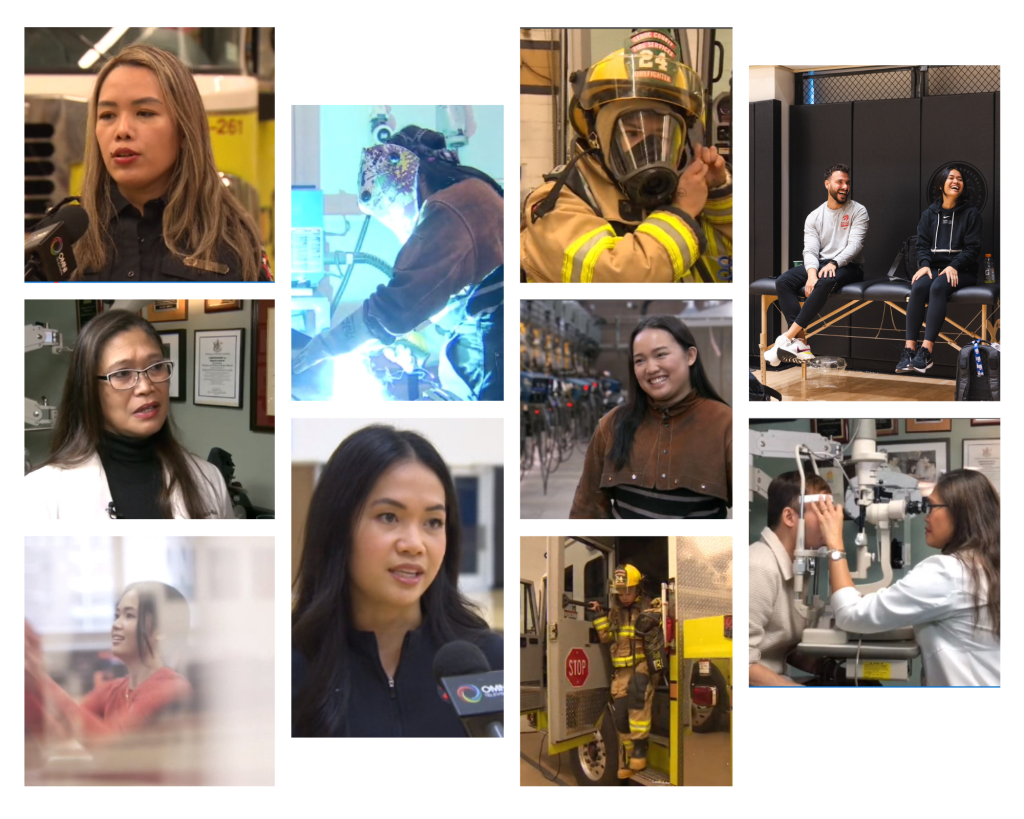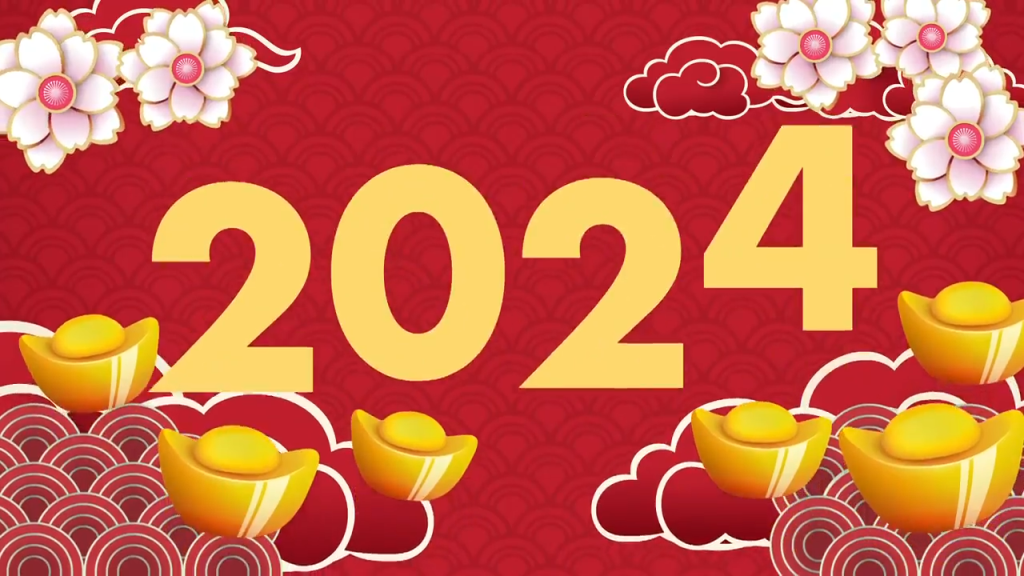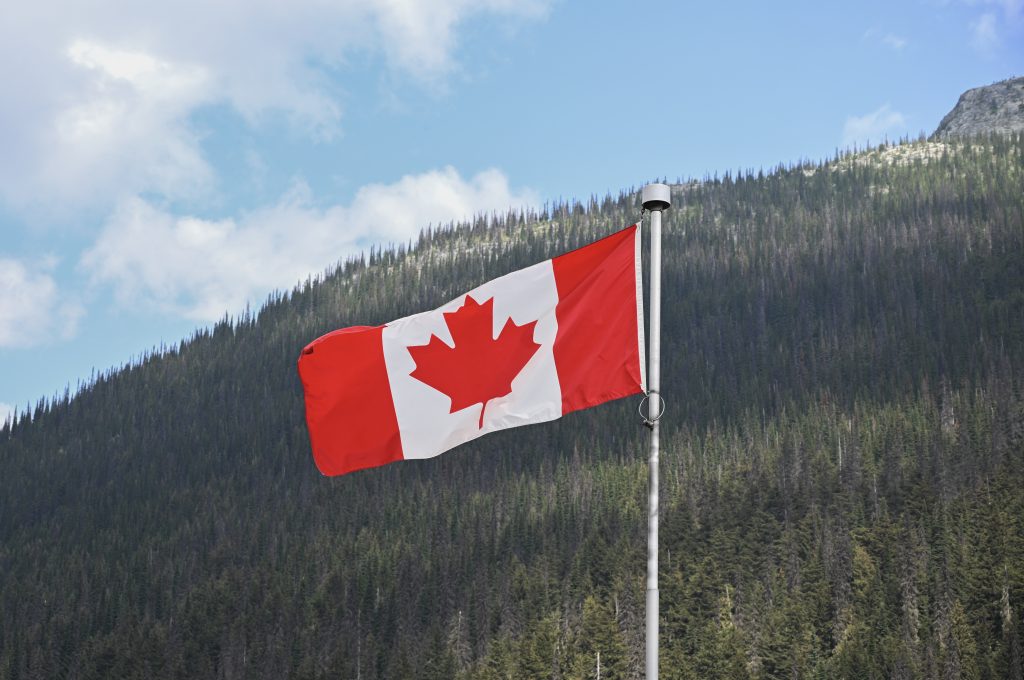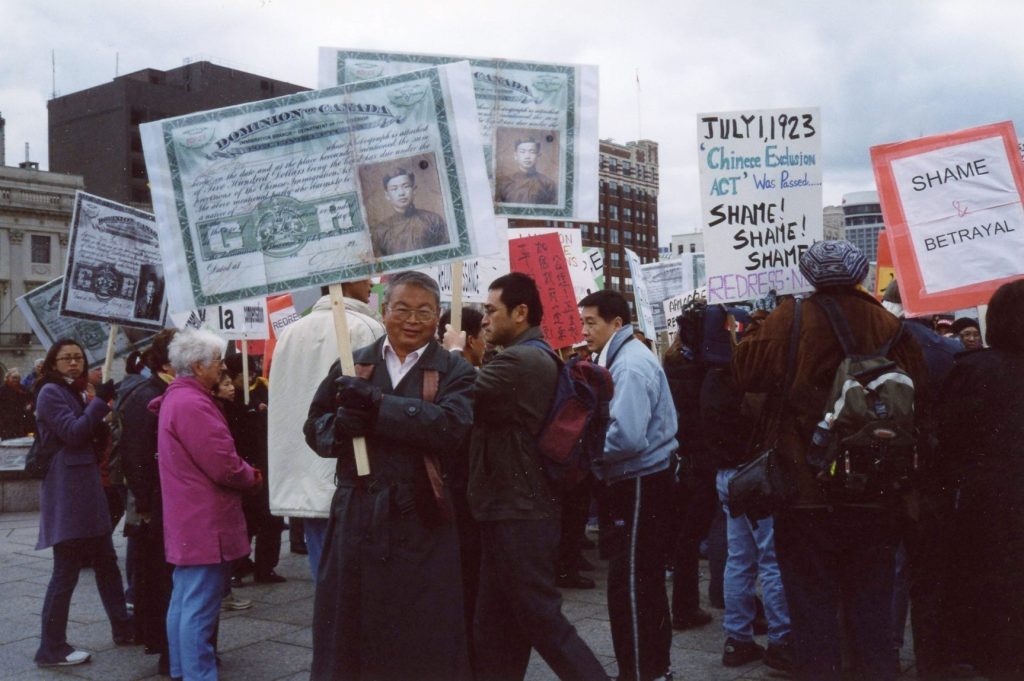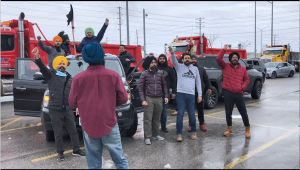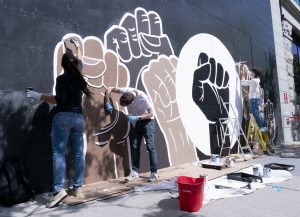There have been calls for the Canadian government to follow recommendations outlined in national action plans like the 2021 National Action Plan: Ending Violence Against Indigenous Women, Girls, And 2SLGBTQQIA+ People to support First Nations, Indigenous and Métis communities. With more than one-fifth (21.9 per cent) of the country’s population born abroad, advocates say true reconciliation won’t be possible without the cooperation of newcomers and immigrants in Canada.
“I think it’s important not only for Canadians who’ve been here a long time, but for new Canadians to truly understand the history, because we’re not going to move forward as a nation and we can’t have reconciliation without that truth component,” said Melissa Chung-Mowat, federal NDP candidate for Winnipeg-North.
As a mixed-heritage Chinese-Indigenous woman raised by her mother, a descendant of the Red River Valley Metis, Chung-Mowat said she grew up seeing the importance of educating newcomers first-hand.
“My father came here from Hong Kong as an international student, and I know that he didn’t have an opportunity to learn about the history of colonization of residential schools,” Chung-Mowat said.
“And that led to a lot of misunderstanding, a lot of barriers around understanding the Indigenous community.”
https://www.instagram.com/p/CPg6v6CNWmi/
Before entering politics, Chung-Mowat spent her academic career researching the commonalities between immigrant and Indigenous peoples, looking for ways to bridge the gap between both communities.
“I think the key thing that I did find in my research is that when there were opportunities for immigrants to learn about Indigenous peoples and learn that history, it was really impactful,” Chung-Mowat said.
Organizations like Truly Alive Youth and Family Foundation (TAYFF) in Saskatchewan provide a safe space for newcomers to interact with Indigenous peoples and learn about their experiences directly from members of the community.
“It is important for newcomers to first learn about any country or any part of the world where they choose to make their home away from home,” said Anthony Olusola, executive director of TAYFF.
“It’s important for us as an organization that everyone who comes through our door gets to learn; to improve and enhance that knowledge in regards to interconnectivity between Indigenous peoples and every other individual who has come to make Canada home and to build new relationships, to debunk myth and stereotypes.”
Samanta Krishnapillai originally founded The ON Canada Project as a COVID-19 initiative to share vaccine and health safety information, but after nearly a year of operation, she said the team began to broaden their scope, making shareable infographics to discuss the social inequities being highlighted during the pandemic.
Their most recent initiative, Settlers Take Action, encourages Canadian immigrants to learn about the colonization of Indigenous peoples and the key role they play in reconciliation.
“It’s a very complex issue because of the fact that you as an individual could have personally been the oppressed indigenous community in a country that was colonized, but then by living here in Canada, which is a settlers colony, you are then benefiting from the colonial structures that exist here,” Krishnapillai said.
As a daughter of Sri Lankan immigrants, Krishnapillai said she worked with her parents to help them recognize that despite not being directly responsible for the colonization of Canada, they were still enjoying its privilegesm – any of which Indigenous communities continue to live without.
“I don’t question if my water is safe when I drink it, I feel safe walking around,” Krishnapillai said.
“There’s public transportation. You know, we have a civil society and like we’re a middle to high income country. We have so many benefits, but with that comes ownership of the fact that we only have that because colonialism happened in this country.”
While there are many ways to educate, Chung-Mowat said the simplest methods are oftentimes the most effective.
“As I got older and I started to learn more about my Indigenous identity and I started to embrace that more, that provided me the opportunity to talk with my dad,” Chung-Mowat said.
“And you know, he’s grown and come such a long way. It really is from those deep conversations together that we were able to move forward together. That’s why I so firmly believe in this kind of intergenerational exchange and that opportunity to connect with our parents and to bring new ideas and opportunities for learning.”
